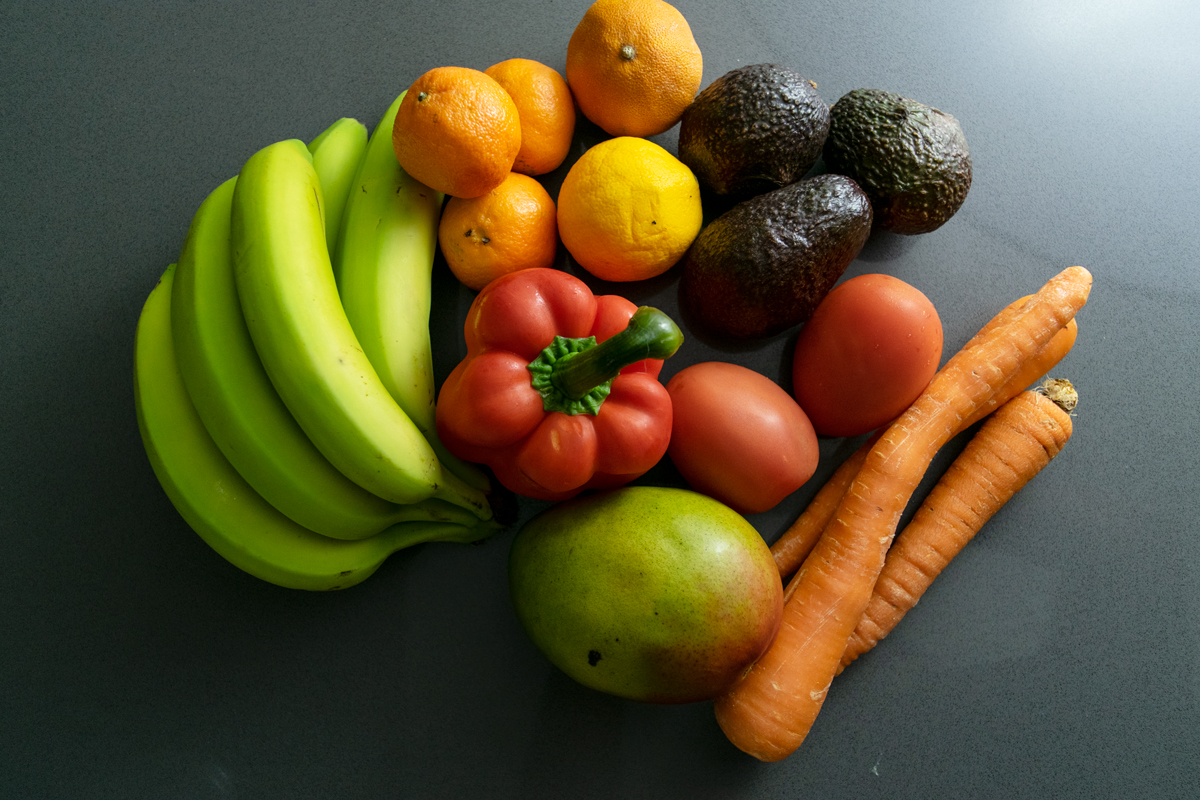People have many misconceptions about following a plant-based or vegan diet. One of them is that it’s expensive, and it couldn’t be further from the truth. My grocery bills went down considerably after I went plant-based.
Yes, if you’re buying prepared food, it will cost more. On top of that, many brands take advantage of the myth that vegan=healthy and use this to upsell their products. The truth is, with the right information, it’s easy to follow a healthy plant-based diet and stay on budget. Here are my favourite tricks.
Make the most of a whole-food plant-based diet
While there are many proven benefits of following a plant-based diet, like reducing blood sugar levels and blood pressure, if the diet is not balanced, you won’t see many benefits. You can’t expect to eat processed food all the time and be healthy, let alone save money doing so. What will help you become healthier and save money is to eat fresh and unprocessed food, preferably homecooked.
Learn how to cook
This is true for everyone: making food at home saves a lot of money. Many of us don’t have a lot of time to cook, while others don’t enjoy doing it at all. But if you’re committed to eating healthy and saving money while doing it, this is a crucial step. So you need to find an alternative that works for you.
While I love cooking, I don’t always have the time or energy to do it every day, especially during the week. My alternative is meal prepping. I make food on the weekend, and I freeze my portions for the week. Even when I have enough food for the following week, I still make a batch of something new. It ensures I always have variety, as well as something ready to go when I’m hungry. After all, how many times have you ordered takeout just because it’s easy?
Invest in appliances you’ll use
You decided you’re making your meals. Amazing! But let’s simplify it. It’s not because we’re committed to eating healthy and on a budget that we want to spend our entire weekends in the kitchen. While I have a range of small appliances, including an ice-cream maker I use a few times every summer, my InstantPot and multiprocessor are the things I can’t live without. So if your budget or space are limited, invest on things that will actually help you in the kitchen.
Buy local
When I lived in Brazil, I used to go to the flea market every week to get produce. I loved finding different ingredients and trying new vegetables or fruit. On top of that, I was supporting local farmers and eating seasonally. When I moved to Toronto, the lack of variety was a bit shocking. Yes, you can find anything here, but I’m not paying $2 for one mango. So I learned how to work around it. I try to shop in my neighbourhood. There is always a small grocery store, and it surprised me how much I saved by buying there. It also helped me add variety to my menu, since for the most part, what’s available is seasonal.
Find balance
It’s easy for someone to say you should do one thing or another, but only you know your time and resource constraints. The important thing is to find a happy medium. Ask yourself: what matters the most to me – time, cost or convenience? The answer will help guide your choices. I hated making almond butter at home. So now I buy it. The price difference between raw almonds and almond butter is so insignificant that it’s not worth all the time and effort I used to put into making it.
Do some research
I like having variety, but I don’t want to spend any more than I have to. So I do my homework, and I buy different items from different stores. I take advantage of weekly sales, bulk stores, coupons, and subscription discounts. If I can buy everything I want and still save some money in the process, even better!
Buy staple foods in bulk
I want my day-to-day to be as simple as possible. So whenever I can, I buy in bulk. Especially beans and legumes, since I don’t mind cooking them and they are one of the main protein sources of my diet. I got a bag of chickpeas for $8 seven months ago, and I think I’m not even halfway through it. You can’t go wrong with a year’s supply of chickpeas for under $10. The same goes for beans, lentils, dried fruit, nuts and seeds. If it’s something I use often, and it won’t spoil, I buy in bulk.
What are your favourite ways of saving? Share in the comments!




